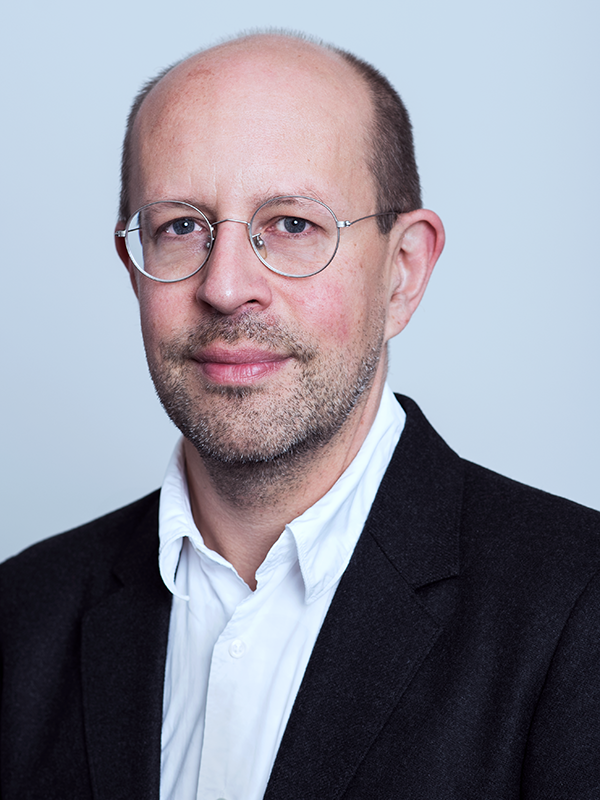
Philipp Ekardt is the Academic Coordinator of the Traveling Forms-project. Prior to joining Konstanz University he held a visiting professorship at the Institute for Art History and Aesthetics at the University of the Arts in Berlin, research and teaching positions at the Warburg Institute in London and the Free University in Berlin, as well as fellowships at the eikones Center for the Theory and History of the Image / Basel University (sponsored by the NOMIS Foundation), at the Cinepoetics Center for Advanced Film Studies at the Free University Berlin, and the German Art Historical Forum in Paris. He studied art history and literary studies in Berlin, Paris and at Yale University, where he earned his PhD. He is a former editor-in-chief of the Berlin-based publication ‘Texte zur Kunst’, and has taught and advised theses in smaller capacities at the Bard Center for Curatorial Studies (NYC), University College London's Department of Classics as well as serving as visiting faculty at the Zurich University of the Arts (MA Fine Arts) and at Umea Art School.
Ekardt’s project at ‘Traveling Forms’ concerns the emergence and circulation of two highly mobile forms around 1800: the so called Attitudes of Lady Emma Hamilton – performances in which Hamilton adopted poses that reminded her contemporaries of stances and gestures familiar from figures on ancient Greek vases; and neoclassical dress – a type of garment which, while appearing to revive the dress-styles of antiquity, also incorporated non-European formal and material elements, primarily derived from Indian cotton weaves. By studying a range of contemporary sources, practices and artworks (e.g. Bertin, Böttiger, Goethe, Kauffmann, Lemoine, Vigée-LeBrun, Winckelmann) and attending to the role of neoclassicism as a style which, while aiming to re-ground European culture in antiquity, relied on and realized a repertoire of forms streamlined for proto-global circulation, the project also proposes a methodology for the study of forms, inquiring into their production, mediation and wider, at times surprising cultural functions.
In Ekardt’s wider work, these studies link up with investigations into the interconnection of form, dress, and neoclassical style, in contemporary art, e.g. in Scottish artist Lucy McKenzie's recalibration of regionalist and feminist alternative production-histories of modernist art and fashion, and in the queer archaeologies of American Nick Mauss (including a recent essay Waxing Classic on the encounter of McKenzie’s work with two Dancers by neoclassical sculptor Canova on the occasion of her show Vulcanizzato at Pinacoteca Agnelli/Turin); as well as in the work of critics, couturiers, artists and art historians of the 1930s, mostly based in Paris, such as Helen Grund, Elsa Schiaparelli, Madeleine Vionnet, Leonor Fini, Gertrud Kantorowicz, Henri Focillon, or Walter Benjamin, who developed what could be called an 'Ovidian formalism': an approach which, while frequently (neo-)classically grounded and centering on shapeshifts and trans-formations, rearticulated a wide set of references, from evolution, gender and sexuality to fashion through the lens of form. This project draws in part on research published in Ekardt's monograph Benjamin on Fashion (Bloomsbury Academic, 2020), which investigated the practice, criticism and media of 1930s Paris couture in relation to the German thinker's ideas about fashion. Ekardt has published and lectured widely in the field of contemporary art, as well as on the writings of Aby Warburg, focusing in particular on how the art historian and cultural theorist conceived of (kinetic and affective) movement in and of images.
Contact
Dr. Philipp Ekardt
Traveling Forms-Project / Universität Konstanz
Bischofsvilla / Otto-Adam-Str. 5 / 78467 Konstanz
Germany
